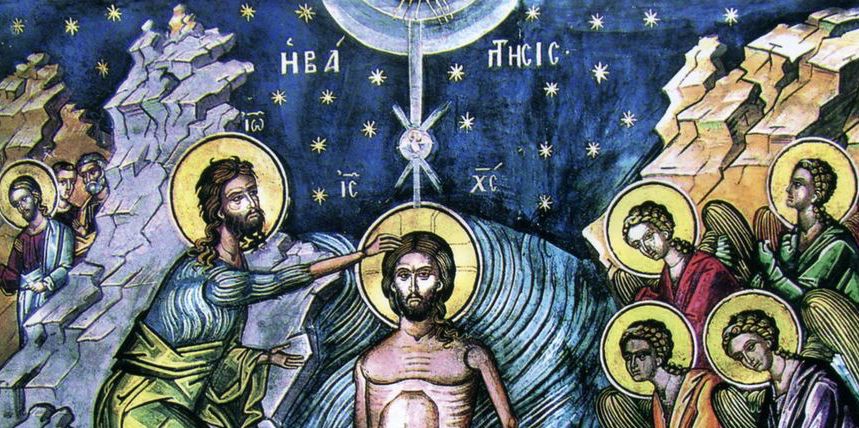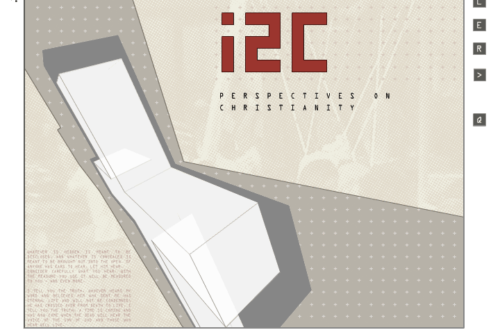
God, Trinity & Jesus
This is discussion paper that I presented at an EV Church symposium in December 2022. The paper summarises some of the main points of my doctoral thesis. it also seeks to bring some of the main points of historic orthodoxy to bear on recent evangelical debates about eternal subordination of God the Son and how Jesus’ human life relates to his eternal sonship.
1. Everything in the Trinity begins with the God the Father.
… yet for us there is but one God, the Father, from whom all things came and for whom we live; and there is but one Lord, Jesus Christ, through whom all things came and through whom we live. (1Cor 8:6)
… to the Father is attributed the beginning of action, the fountain and source of all things; to the Son, wisdom, counsel, and arrangement in action, while the energy and efficacy of action is assigned to the Spirit … the Father being considered first, next the Son from him, and then the Spirit from both. (Calvin, Institutes 1.13.18)
2. God the Son is begotten eternally by a communication of the Father’s nature.
The Son is the radiance of God’s glory and the exact representation of his being, sustaining all things by his powerful word. (Hebrews 1:3)
The Father is in the Son by His essence, forasmuch as the Father is His own essence and communicates His essence to the Son not by any change on His part. Hence it follows that as the Father’s essence is in the Son, the Father Himself is in the Son; likewise, since the Son is His own essence, it follows that He Himself is in the Father in Whom is His essence. (Thomas Aquinas, Summa 1.42.6)
3. The result of this eternal begetting is distinction, equality and unity.
(See Heb 1:3 again)
… such is the distinction of the persons in the unity of the divine essence, as that they act in natural and essential acts reciprocally one towards another – namely, in understanding, love, and the like; they know and mutually love each other. And as they subsist distinctly, so they also act distinctly in those works which are of external operation … not by a distinction of sundry wills, but by a distinct application of the same will to its distinct acts, in the persons of the Father and Son.
(J. Owen, Exposition of the Epistle to the Hebrews with the Preliminary Exercitations. vol. 1, 4 volumes (Boston: Samuel T. Armstrong, 1811), 333-334.)
[Notice here that Owen depicts the Persons as sufficiently distinct to relate to each other and covenant with each other. The unity of divine will does not mean there is not mutual love and knowledge.]
4. The works of God reveal different aspects of God’s unified and unchenging (or “simple”) nature in an analogical manner – separated through time and space.
Every good gift and every perfect gift is from above, coming down from the Father of lights, with whom there is no variation or shadow due to change. (James 1:17)
Just as a child cannot picture the worth of a coin of great value but only gains some sense of it when it is counted out in a number of smaller coins, so we too cannot possibly form a picture of the infinite fullness of God’s essence unless it is displayed to us now in one relationship, then in another, and now from one angle, then from another. God remains eternally and immutably the same, but the relation in which he stands to his creatures and they to him varies. The light remains the same even though it breaks up into different colors.
(Bavinck, Reformed Dogmatics; Vol 2, paraphrasing Augustine).
5. The incarnation and mission of Christ function similarly. The incarnate Son provides a progressive revelation of his Father and his own Sonship.
(i) The incarnation says that Jesus reveals the Father because he is his (eternal) Son …
… but in these last days he has spoken to us by his Son… (Heb 1:2 c.f. John 1:18)
(ii) … yet shows the same Son becoming perfect as a man.
And Jesus grew in wisdom and stature, and in favour with God and man. (Luke 2:52)
Although he was a son, he learned obedience through what he suffered. And being made perfect, he became the source of eternal salvation to all who obey him … (Hebrews 5:8-9)
(ii) The incarnation provides a congruent expression of the Son’s eternal sonship
But if the Son is said to be sent by the Father on this account, that the one is the Father, and the other the Son, this does not in any manner hinder us from believing the Son to be equal, and consubstantial, and co-eternal with the Father, and yet to have been sent as Son by the Father. Not because the one is greater, the other less; but because the one is Father, the other Son; the one begetter, the other begotten; the one, He from whom He is who is sent; the other, He who is from Him who sends. For the Son is from the Father, not the Father from the Son.
(Augustine, De Trinitate, 4.27)
The words, “the Son cannot of Himself do anything,” do not withdraw from the Son any power possessed by the Father, since it is immediately added, “Whatsoever things the Father doth, the Son doth in like manner”; but their meaning is to show that the Son derives His power from the Father, of Whom He receives His nature … The Father’s “showing” and the Son’s “hearing” are to be taken in the sense that the Father communicates knowledge to the Son, as He communicates His essence. The command of the Father can be explained in the same sense, as giving Him from eternity knowledge and will to act, by begetting Him. Or, better still, this may be referred to Christ in His human nature.
(Thomas Aquinas, Summa, 1.42.6)
(iv) The incarnation unites the Son (eternal Image and radiance of God’s glory) to creatures (made in the likeness of God and reflecting his glory).
It was most fitting that the Person of the Son should become incarnate. First, on the part of the union; for such as are similar are fittingly united. Now the Person of the Son, Who is the Word of God, has a certain common agreement with all creatures, because the word of the craftsman, i.e. his concept, is an exemplar likeness of whatever is made by him. Hence the Word of God, Who is His eternal concept, is the exemplar likeness of all creatures.
(Thomas Aquinas, Summa 3.3.8)
6. We must neither confuse the time-bound, limited and creaturely existence of Christ with his transcendent Sonship, nor should we lose sight of the filial congruence.
| What’s different | What’s the same |
| Perfection vs being made perfect
Creator vs creature Wisdom vs growing in wisdom Divine Word vs receives revelation God vs Given the name above all names Eternal Son vs declared son with power Sustains all things vs Given all authority Etc! |
Same person (in different realities)
Always from the Father and like the Father Does what the Father does
|




